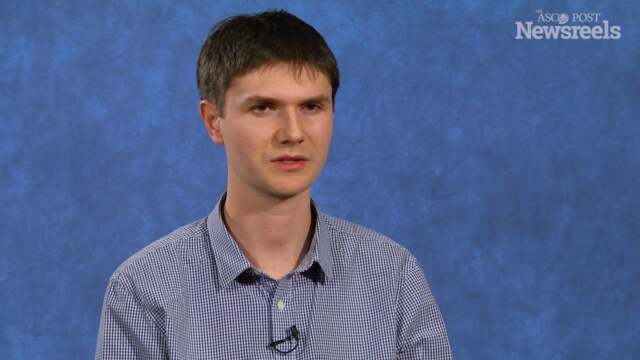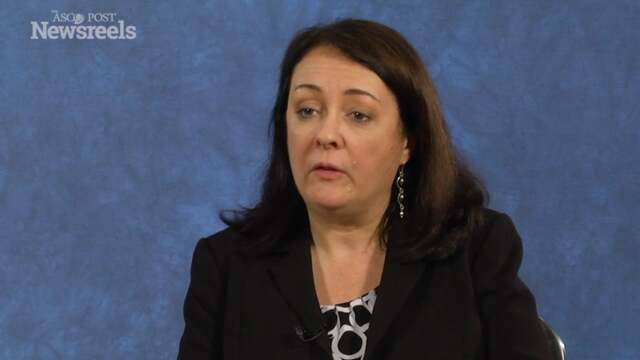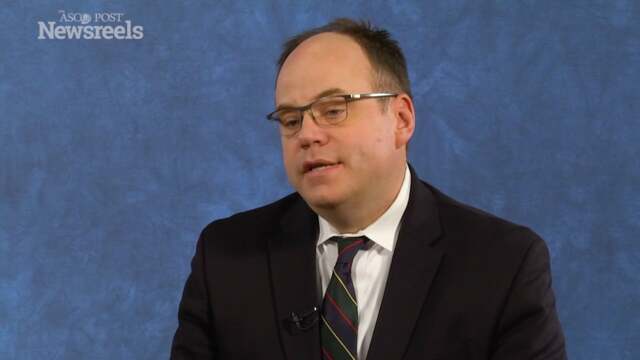Harold J. Burstein, MD, PhD, on Adjuvant Endocrine Therapy: Expert Perspective
2016 San Antonio Breast Cancer Symposium
Harold J. Burstein, MD, PhD, from Dana-Farber Cancer Institute, gives an update on the duration of adjuvant endocrine therapy and offers his expert views on putting the research data into clinical practice.
Aleix Prat, MD, PhD, of the University of Barcelona, discusses in Spanish study findings on intrinsic subtype as a predictor of pathologic complete response following neoadjuvant dual HER2 blockade without chemotherapy in HER2-positive breast cancer (Abstract S3-03).
Samuel Smith, PhD, of Queen Mary University of London, discusses study findings on menopausal symptoms as predictors of long‐term adherence in an International breast cancer intervention study (Abstract S5-03).
Diana M. Eccles, MD, of the University of Southampton, discusses findings from a study of sporadic and hereditary breast cancer and whether BRCA status affects outcome in young breast cancer patients (Abstract S2-03).
Ruth O'Regan, MD, of the University of Wisconsin, discusses study findings on buparlisib plus fulvestrant in postmenopausal women with HR-positive, HER2-positive, aromatase inhibitor–treated, locally advanced or metastatic breast cancer, who progressed on or after mTOR inhibitor–based treatment (Abstract S4-07).
Matthew P. Goetz, MD, of the Mayo Clinic, reviews progress made during the past year on treatment of advanced disease.





